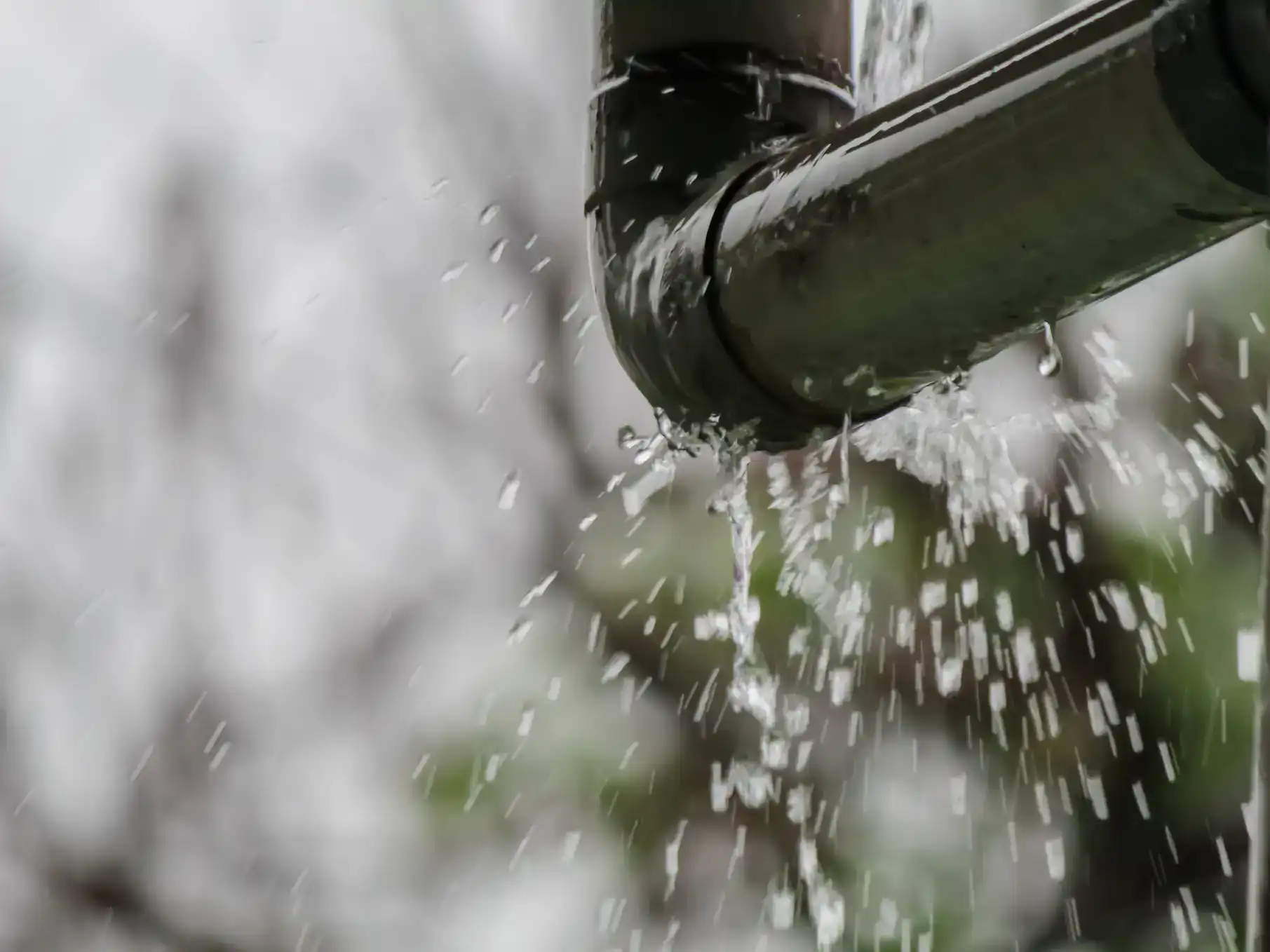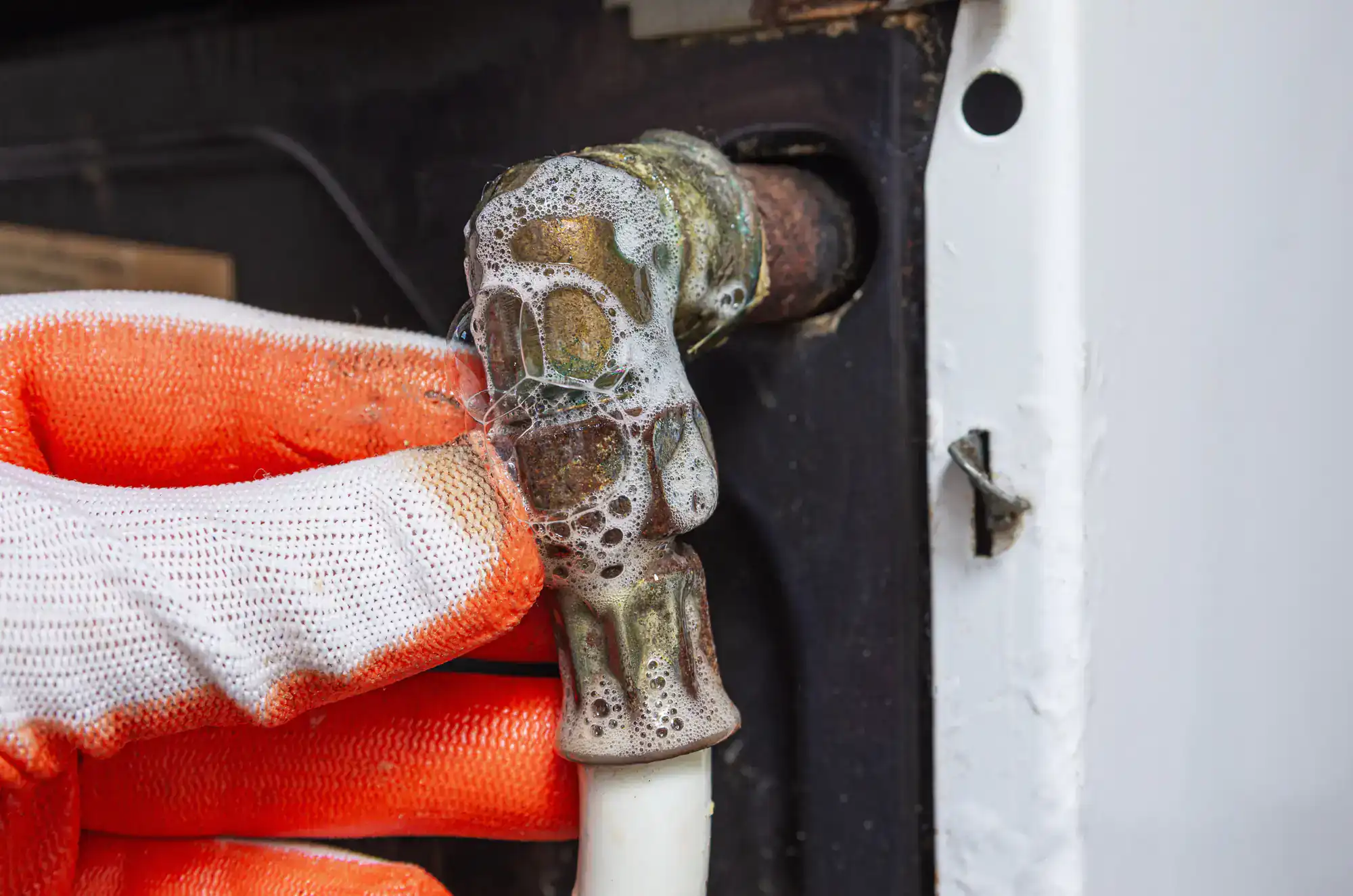
Our Reviews

You hear water running somewhere but can’t find the source. Your water bill jumped 40% last month with no explanation. That damp spot on your basement floor keeps getting bigger, and you’re starting to smell something musty.
These aren’t minor inconveniences—they’re warning signs of hidden leaks that could be costing you hundreds in wasted water and thousands in structural damage. The longer you wait, the more expensive the problem becomes.
Our leak detection service finds the exact source of your water loss using advanced technology that doesn’t require digging up your yard or cutting through walls. You get answers fast, repairs done right, and peace of mind that the problem is actually solved.
All Rooter Hydro Jetting Experts Inc has been serving Chicago homeowners and businesses for years, understanding exactly what Stony Island properties face. Chicago’s brutal winters freeze pipes, older neighborhoods deal with aging infrastructure, and the city’s unique plumbing demands require local expertise.
We’re licensed, bonded, and insured, with technicians who’ve seen every type of leak situation Chicago can throw at us. From slab leaks in vintage homes to underground water leak detection caused by shifting soil, we know how to find problems fast and fix them right the first time.
Our 24/7 emergency service means you’re never stuck waiting when water damage is happening in real time.

The process starts with a thorough assessment of your situation—where you’re seeing water, when the problem started, and what your water meter is telling us. No guesswork, no assumptions.
Next comes the technology. We use acoustic equipment to listen for the sound of running water, infrared cameras to detect temperature changes that indicate moisture, and electronic leak detection devices that can pinpoint problems through concrete and soil. This isn’t the old-school approach of digging holes until something shows up.
Once we’ve located the exact source, you get a clear explanation of what’s wrong and what it’ll take to fix it. The repair work is targeted and precise—we access only what needs to be accessed, repair only what needs repairing, and restore your property to its original condition.

Ready to get started?
Our service covers every type of plumbing leak detection challenge Stony Island properties face. Underground water line breaks, slab leaks beneath concrete foundations, leak detection in walls that are causing water damage, and underfloor water leak detection that’s creating moisture problems.
Chicago’s aging water infrastructure makes underground leaks particularly common in neighborhoods like Stony Island. The freeze-thaw cycles that happen every winter put stress on pipes, and older galvanized lines are especially vulnerable to corrosion and failure.
Our equipment can detect leaks in any material—copper, PVC, galvanized steel, or cast iron. Whether the problem is a pinhole leak that’s been slowly building or a major line break that needs immediate attention, we have the tools and experience to handle it without unnecessary excavation or property damage.

We use a combination of acoustic leak detection, ground-penetrating radar, and infrared technology to locate leaks without excavation. Acoustic equipment picks up the sound of water escaping from pipes, even when it’s several feet underground.
Infrared cameras detect temperature differences that indicate where water is pooling or flowing beneath the surface. Ground-penetrating radar shows us exactly where your pipes run and can identify disruptions in the soil that suggest leak activity.
This technology is so precise that we can mark the exact location of a leak with spray paint before any digging begins. When repair work is needed, we excavate only the specific area where the problem exists—typically a small section rather than trenching your entire yard.
The most obvious sign is an unexplained increase in your water bill. If your usage habits haven’t changed but your bill jumped significantly, there’s likely water escaping somewhere in your system.
Physical signs include damp or soft spots in your yard, areas of grass that stay green when the rest of your lawn is dormant, the sound of running water when all fixtures are turned off, and low water pressure throughout your home. Inside, look for water stains on walls or ceilings, peeling paint, warped flooring, or a musty smell that suggests mold growth.
You can also check your water meter. Turn off all water in your home, note the meter reading, wait two hours without using any water, then check again. If the reading changed, you have a leak somewhere in your system.
Most residential leak detection jobs take between 1-3 hours, depending on the size of your property and the complexity of the problem. Simple cases where the general area is known can be completed in under an hour.
More challenging situations—like tracking down the source of water damage when the leak location isn’t obvious—may take longer. We work systematically, starting with the most likely areas and using our equipment to narrow down the possibilities.
The goal is always to find the leak as quickly as possible while being thorough enough to ensure we’ve identified the actual source. There’s no point in doing a fast job if it means missing the real problem and having to come back later.
All Rooter provides both leak detection and complete repair services. Once we’ve located your leak, we can handle the entire repair process from start to finish—no need to coordinate with multiple contractors.
Our repair approach depends on the specific situation. Small leaks in accessible pipes might be fixed with targeted repairs, while major line breaks may require pipe replacement. We always explain your options and give you upfront pricing before any repair work begins.
For underground leaks, we use trenchless repair methods whenever possible to minimize disruption to your landscaping. The goal is to solve your leak problem permanently while causing the least possible disruption to your property and daily routine.
Chicago’s older homes present unique challenges, but our experience with the city’s housing stock means we know exactly what to look for. Many Stony Island homes were built with galvanized steel pipes that are now 70+ years old and prone to corrosion.
We’re familiar with the typical pipe layouts in Chicago bungalows, two-flats, and vintage homes. We know where the common problem areas are, how the original plumbing was installed, and what modifications previous owners might have made.
Our equipment works effectively on all pipe materials—from original cast iron sewer lines to newer copper and PVC installations. Age isn’t a barrier to accurate leak detection; if anything, our local experience with older homes makes the process more efficient because we know where to look first.
Slab leaks—leaks in pipes that run beneath concrete basement floors—are detected using specialized acoustic and electronic equipment. We can pinpoint the exact location of the leak without breaking up your entire basement floor.
Once located, we use concrete cutting tools to create a small access point directly above the problem area. The repair is made through this targeted opening, then the concrete is properly restored to match your existing floor.
In some cases, depending on the age and condition of the pipes, we might recommend rerouting the line rather than repairing the existing pipe under the slab. This approach can be more cost-effective long-term and eliminates the risk of future slab leaks in the same area. We’ll explain all your options so you can make an informed decision.